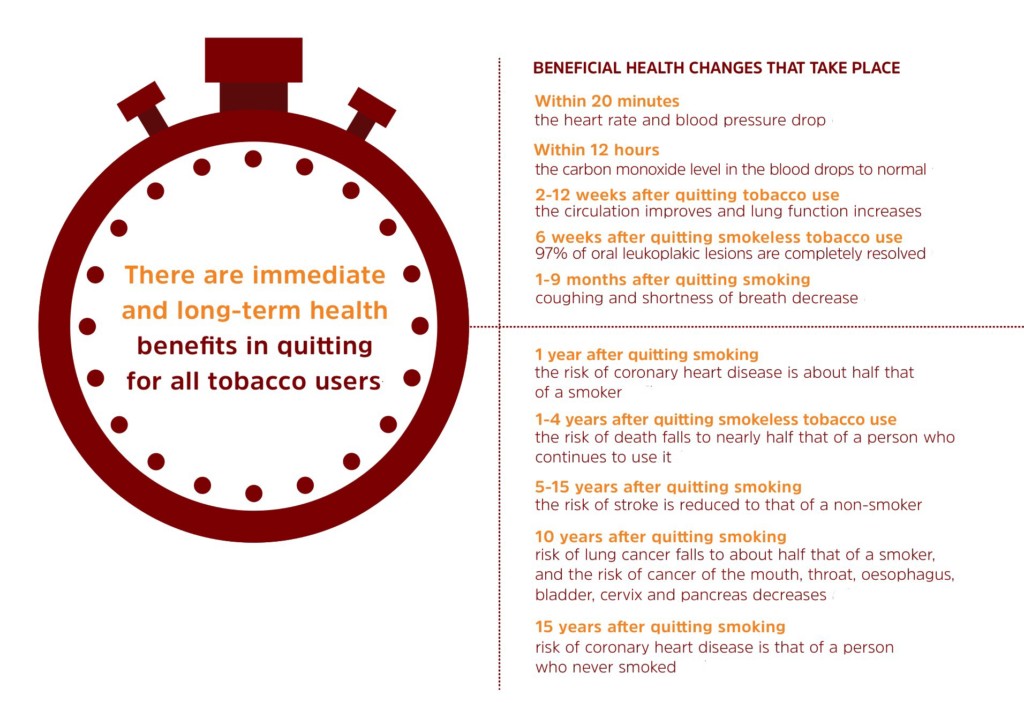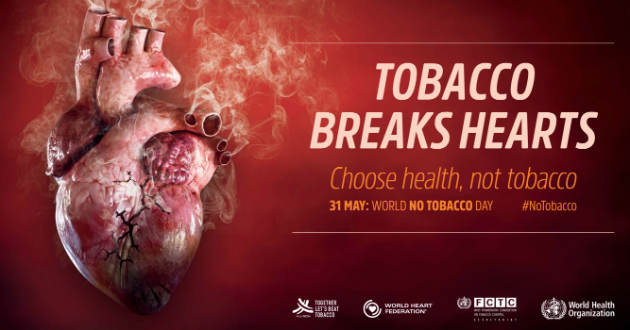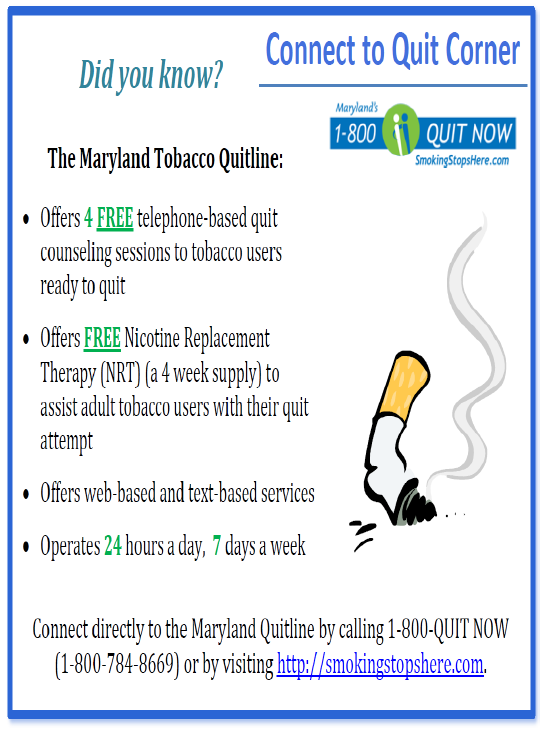The tobacco epidemic is one of the biggest public health threats the world has ever faced, killing more than 7 million people a year. More than 6 million of those deaths are the result of direct tobacco use while around 890,000 are the result of non-smokers being exposed to second-hand smoke.
Each year, The World Health Organization (WHO) and its partners observe the last day of May as World No Tobacco Day (WNTD). The theme of this year’s WNTD is “Tobacco Breaks Hearts. Choose health, not tobacco.”
Cardiovascular diseases (CVD) kill more people than any other cause of death worldwide. Tobacco use is the second leading cause of CVD, after high blood pressure, contributing to approximately 12% of all heart disease deaths.
If you use tobacco, quitting tobacco is the best thing you can do to protect the health of yourself and others. Very few tobacco users can successfully quit the habit in their first attempt. But the evidence is strong that it can be done. From quit lines to counseling to prescription medicines, there are numerous effective ways to quit.
If you are ready to quit tobacco, here are 10 tips to help you and a list of free resources:
- The Washington County Health Department offers FREE support classes, as well as individual counseling, for those who are interested in learning how to quit smoking successfully. All Classes are facilitated by Paula Ernst, Community Health Educator (paula.ernst@maryland.gov or 240-313-3418). For more information, please call the Tobacco Free for Life Program at (240)-313-3310; TTY 240-313-3391.
- Smokefree.gov provides free, accurate, evidence-based information and professional assistance to help support the immediate and long-term needs of people trying to quit smoking.
- Meritus Health offers Beat the Pack: Tobacco Free for Life – a nicotine cessation workshop that meets for an hour each week for four weeks that will give you the tools and support to help you quit the nicotine habit.
- 1-800-QUIT-NOW (1-800-784-8669). This free service offers a lot of resources, including coaching, help with making a quit plan, educational materials, and referrals to other resources where you live.
- Smokefree TXT. This free 24/7 texting program sends encouragement, advice, and tips to help smokers quit smoking for good. To get started, just text QUIT to 47848, answer a few questions, and you’ll start receiving messages.
- Online help at CDC.gov/Tips includes tips from former smokers and helpful online quit resources.
- Smokefree App. The QuitGuide is a free app that tracks cravings, moods, slips, and smokefree progress to help you understand your smoking patterns and build the skills needed to become and stay smokefree.
- 1-866-QUIT-4-LIFE (1-866-784-8454). The American Cancer Society provides quit-smoking programs, resources and support that can increase your chances of quitting successfully. More information is online at QuitNow.net.
Most people find a combination of resources works best. Many smokers do not quit on their first attempt. Many need several tries to successfully quit. But the benefits are well worth it. Keep trying! And after you have reached your third month anniversary of being smokefree, you’ll save money on your health insurance premiums.
There are immediate and long-term health benefits of quitting for all tobacco users:

Source: World Health Organization
– Adapted from World Health Organization


